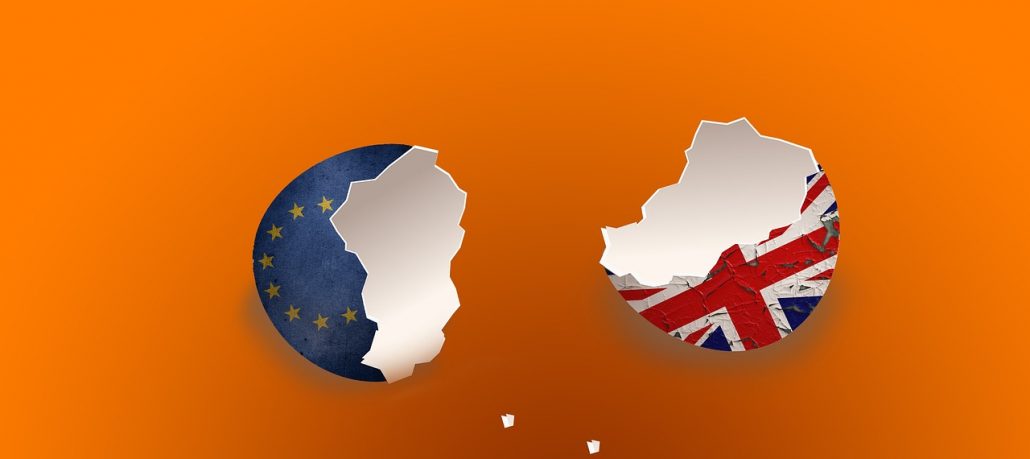Prime Minister Theresa May tried to pressure U.K. lawmakers Friday to support her Brexit deal, warning that Britain may never leave the European Union if they vote down the agreement next week.
Battling to stave off a second defeat for the unpopular deal, May also implored the EU to help her make “one more push” to get the agreement through a skeptical Parliament.
British lawmakers are due to vote for a second time Tuesday on the deal, which they overwhelmingly rejected in January. If Parliament throws out the deal again, lawmakers will vote on whether to leave the EU without an agreement — an idea likely to be rejected — or to ask the EU to delay Brexit beyond the scheduled March 29 departure date.
“Back it and the U.K. will leave the European Union,” May said. “Reject it and no one knows what will happen.”
In a speech to factory workers in the staunchly pro-Brexit northern England port town of Grimsby, May said a delay could lead to “more months and years arguing” over Britain’s departure from the EU.
“If we go down that road, we may never leave the EU at all,” May told workers at a Danish-owned wind-power factory.
British lawmakers’ concerns about the divorce deal center on a provision designed to keep an open border between the U.K.’s Northern Ireland and EU member Ireland. The mechanism, known as the backstop, is a safeguard that would keep the U.K. in a customs union with the other 27 EU countries in order to remove the need for checks until a permanent new trading relationship is in place.
Brexit-supporting lawmakers in the U.K. fear the backstop could be used to bind Britain to EU regulations indefinitely, and May wants to revise the deal to reassure opponents that it would only apply temporarily.
The EU is unwilling to reopen the 585-page agreement, and last-minute negotiations have stalled, with the bloc’s leaders saying Britain hasn’t provided concrete proposals.
May urged EU leaders to help her out, saying “it is in the European interest for the U.K. to leave with a deal.”
“It needs just one more push, to address the final specific concerns of our Parliament,” she said.
Opposition Labour Party leader Jeremy Corbyn said May’s speech sounded like “a sign of desperation.”
May acknowledged that, even if her deal passes next week, time will be tight to pass the necessary legislation needed to make Brexit a reality on March 29.
“If we were simply asking for a bit more time to pass the legislation we need to implement Brexit once we have agreed the deal, a delay would be straightforward,” she said.
Foreign Secretary Jeremy Hunt underscored May’s appeal to the EU, urging the bloc to be “flexible” because “history will judge both sides very badly if we get this wrong.”
“We want to remain the best of friends with the EU. That means getting this agreement through in a way that doesn’t inject poison into our relations for many years to come,” Hunt said.
The EU is frustrated at what it sees as the inability of Britain’s divided government to lay out a clear vision for Brexit — and for seeking changes to an agreement that May herself helped negotiate.
Irish Prime Minister Leo Varadkar said the withdrawal agreement “is already a compromise.”
“It was a compromise that took a year and a half to negotiate involving the EU institutions and 28 governments,” he said.
“I think we have made a lot of compromises and what’s not evident is what the U.K. government is offering,” he added.
This article was officially published by Malta Winds on the 8th March 2019.

